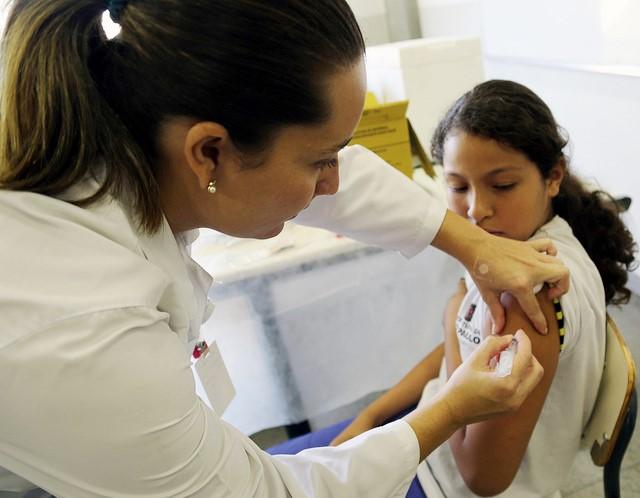
The length of antibiotic therapy for US patients hospitalized with uncomplicated community-acquired pneumonia (CAP) has decreased but remains excessive for too many patients, researchers reported today in Infection Control & Hospital Epidemiology.
Using national data from MarketScan and the Centers for Medicare & Medicaid Services (CMS), researchers with the Centers for Disease Control and Prevention evaluated length of therapy (LOT) annual trends among US adults hospitalized with uncomplicated CAP from 2013 through 2020. A total LOT of 7 days or more was considered likely excessive, since current guidelines suggest 5 days of antibiotic therapy for uncomplicated CAP.
There were 44,976 uncomplicated CAP hospitalizations among patients aged 18 to 64 (MarketScan) and 400,928 among patients 65 and older (CMS). The median hospital stay for both cohorts was 3 days. After adjusting for patient and hospitalization characteristics, the proportion of patients with likely excessive antibiotic therapy decreased significantly in both cohorts. From 2013 through 2020, the proportion of uncomplicated CAP patients with a total LOT of 7 days or more fell from 68% to 51% (a 25% decline) among those ages 18 to 64 and from 68% to 50% (a 26% decline) among those 65 and older.
Excessive postdischarge antibiotics
While the 25% and 26% reductions exceed the recommended 20% reduction target for inappropriate antibiotic use in the 2014 US National Strategy for Combating Antibiotic-Resistant Bacteria, the study authors say the fact that at least half of uncomplicated CAP patients in 2020 received more than 7 days of antibiotics indicates more work needs to be done.
In particular, they point to excessive postdischarge antibiotic therapy for uncomplicated CAP, which has been highlighted in previous studies as a potential focus for antibiotic stewardship programs. The current study found that 62% to 63% of patients in both cohorts received likely excessive postdischarge antibiotic therapy in 2020.
"The high proportion of patients with likely excessive postdischarge LOT demonstrates the need for antibiotic stewardship to optimize prescribing at hospital discharge," they wrote.


















